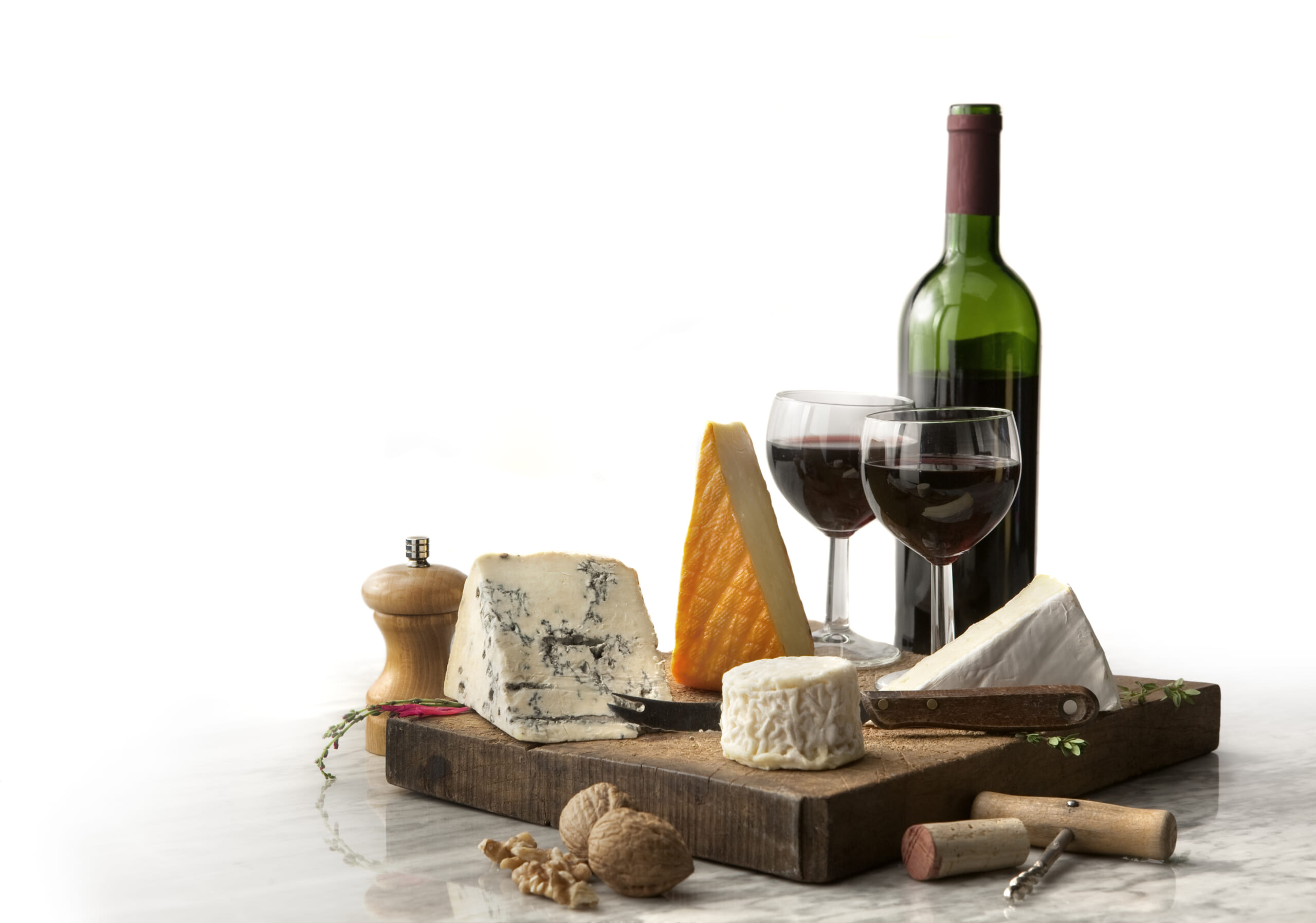Daily Red Wine (and Cheese) Is Good For Your Brain, Says Awesome Iowa State University Study
This is a diet plan we can get behind.

For such a simple snack, there’s something inherently decadent about pairing red wine and cheese. But — if you ever feel any guilt for indulging in this combo, don’t. Turns out a study conducted over the course of ten years at Iowa State University has found what instinct has told people for ages is true: red wine and cheese aren’t just good for you; they’re literal brain food.
” tml-render-layout=”inline
Here’s more on that study from Men’s Journal:
Researchers from Iowa State University tracked 1,789 people over a 10-year period and found that those who ate cheese and drank red wine daily had higher scores on something called fluid intelligence tests.
“Fluid intelligence is a measure of cognitive function that’s largely based on being able to think logically and problem solve—something that’s particularly susceptible to age,” says study co-author Brandon Klinedinst.
Cheese-block nibbling George Costanza (Jason Alexander) of Seinfeld fame would be glad to know that cheese, in particular, came out of the study looking like a superfood. The Science Daily breakdown of results is telling:
1. Cheese, by far, was shown to be the most protective food against age-related cognitive problems, even late into life;
2. The daily consumption of [alcohol], particularly red wine, was related to improvements in cognitive function;
3. Weekly consumption of lamb, but not other red meats, was shown to improve long-term cognitive prowess; and
4. Excessive consumption of salt is bad, but only individuals already at risk for Alzheimer’s Disease may need to watch their intake to avoid cognitive problems over time.
Before hitting the Whole Foods with red wine and cheese heavy shopping list, be advised that this isn’t as simple as consuming daily megadoses of queso or vino.

Study co-author Brandon S. Klinedinst indicated “genetic factors” matter as well, stating that “some individuals seem to be more protected from the effects of Alzheimer’s, while [others] seem to be at greater risk.”
“That said,” he continued, “I believe the right food choices can prevent the disease and cognitive decline altogether. Perhaps the silver bullet we’re looking for is upgrading how we eat. Knowing what that entails contributes to a better understanding of Alzheimer’s and putting this disease in a reverse trajectory.”
It’s fun to joke about living 100 years on mostly wine and cheese but obviously, it isn’t that simple. Lifestyle factors like a smoking habit, stressful job or home life, and exercise make a tremendous difference as well — not only where longevity is concerned but the quality of life as well.
Still, it’s nice to know that if someone ever questions that glass of Merlot at lunch you can just say you’re taking preventative measures against cognitive decline.
Then while the questioner googles “cognitive decline,” just pour another drink and bite into that big hunk of cheddar like Costanza. Science says it’s good for you.
